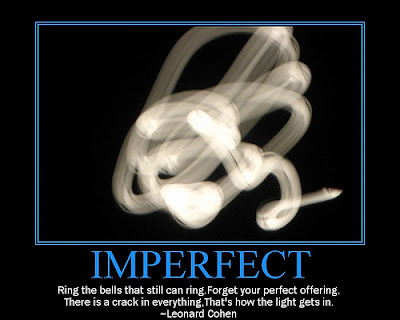
Achilles Heel
The Trojan War was one of the most famous events recorded in Greek history. Many stories are written of its heroes and heroines, as well as the gods and goddesses who influenced its outcome. Here is the story of the Greek hero Achilles. The Trojan War began when Helen, the wife of King Menelaus, of Sparta, was kidnapped by Paris of Troy. Paris carried Helen far across the Aegean Sea and refused to return her to her husband. For ten years legions and armies of Greece attempted to rescue Helen from Troy in Asia Minor.
Achilles was the son of Peleus, a prince, and Thetis, a Nereid, or fairy. It was Thetis's plan to protect her child in a very special way. Since she was immortal, she decided to give her son Achilles some of the supernatural powers that she possessed. Thetis wrapped her baby in a blanket and secretly took him to the underground world of Hades. The river Styx flowed through this dark landscape where the souls of the dead came to rest after their lives on Earth were through.
Thetis held her infant son, Achilles, by his tiny, pink heel and dipped him in the powerful waters of the Styx. Little Achilles let out a terrified cry, for the river was bitter cold. But it possessed a remarkable power. Upon contact, the water would form a protective covering over the baby's skin.
Thetis returned from the underworld with Achilles. Not simply content to offer her son the gift of protective armor, she vowed that she would also make him immortal. Thetis prepared a large fire. She held Achilles over it. When she was about to immerse his tiny body in the flames, her husband, Peleus, came upon her. Thinking that she was trying to harm Achilles, Peleus pushed her away from the fire. Thetis fled with Achilles.
Thetis gave Achilles to the care of Chiron, a wise centaur who had been the tutor of many Greek heroes. Achilles grew into a capable and strong, young man. When the Trojan War broke out, he was eager to go and fight for the honor of Helen. He wished to fight under the command of General Agamemnon.
When Thetis heard of her son's plans, she implored Chiron to convince him not to go to war. But Chiron would not persuade Achilles to forget about fighting. He knew that Achilles had the makings of a great warrior.
In desperation Thetis placed a spell on her son, rendering him powerless. Then she disguised him as a young girl and sent him away to the island of Scyros, where he would be under the protection of King Lycomedes.
Meanwhile, Agamemnon gathered his troops for the siege of Troy. His men were strong and willing to fight. Victory seemed certain. A seer by the name of Calchas, however, predicted that the Greeks would not win the war unless a warrior named Achilles was on their side.
Hearing a rumor that such a man was living on the island of Scyros, Agamemnon dispatched several men to find him. Among them was Odysseus.
Odysseus offered many fine gifts to the daughters of King Lycdomedes. He placed precious jewels and fine cloth before them. All but one daughter was enchanted by Odysseus's gifts. When Odysseus withdrew a spectacular sword from his belt and placed it in front of the young women, he immediately recognized a glint of delight in the eyes of the daughter who was not impressed by his other gifts. The young girl seized the sword.
“Your are Achilles!” Odysseus declared. “You can no longer live here under the protection of your mother, who would have you be a girl. You are destined to be a great fighter on the side of Agamemnon!”
Achilles departed with Odysseus and entered the battlefield of Troy. He fought bravely and ferociously with his fellow Greeks, who greatly admired his skills. Achilles even slew Hector, the son of the Trojan king, Priam.
Weary of all the fighting, and respectful of Achilles's kindness in allowing him to reclaim the body of his dead son, King Priam declared a truce. Unfortunately, Paris was afraid that he would have to return Helen to her husband. He did not want to see the war come to an end. From a tower high atop Priam's place, Paris shot an arrow at Achilles.
The arrow pierced Achilles in the back of his foot. This was the only spot where the magical river Styx had not touched his body because his mother had held him by his heel when she dipped him in its water. Soon after being injured, Achilles died.
The death of the great warrior inspired Agamemnon and Odysseus to continue to fight. After many battles and many deaths, the Greeks succeeded in defeating the Trojans and rescuing Helen. The exploits of Achilles in the Trojan War were recorded in “The Illiad,” the famous poem by Homer, which is still enjoyed by readers to this day.
















